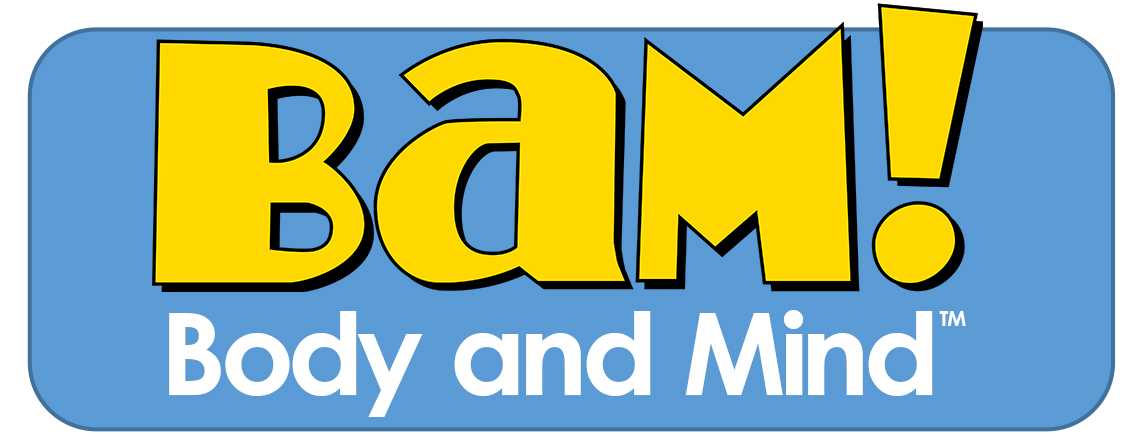Rhode Island
Wellness Coordinators Educate Partners to Improve School Nutrition
Rhode Island students are benefiting from nutritious state meal standards, and more than 6,600 students will gain healthy food options and improved physical education and activity.

For more than a decade, school wellness coordinators across the state have worked to shift policies and practices toward healthier school environments. They educated partners, such as the Rhode Island School Superintendents’ Association and the Rhode Island Association of School Principals, about the benefits of strong nutrition standards. As a result of setting the groundwork, the state’s nutrition requirements now go beyond federal nutrition standards.
IMPACT
Nutrition program managers and staff in the Department of Education, with strong support from the Department of Health and the state’s Healthy School Initiative, reached out to food service programs and transitioned school cafeterias into learning environments with activities such as student taste-testing events. They worked with food suppliers to replace less healthy snacks with low-sodium, low-fat options. In the process, they raised awareness among parents, community leaders, and partners, who now understand and support robust nutrition standards.
District wellness committees were established to ensure sustainability of wellness initiatives and policies and conduct annual evaluations of activities. In addition, three school districts have completed a comprehensive assessment of nutrition policies and practices and physical activity. On the basis of on their findings, nine schools with a total enrollment of 6,608 students are finalizing action plans to increase healthy food options and improve physical education and physical activity.
- Page last reviewed: June 21, 2017
- Page last updated: June 21, 2017
- Content source:



 ShareCompartir
ShareCompartir